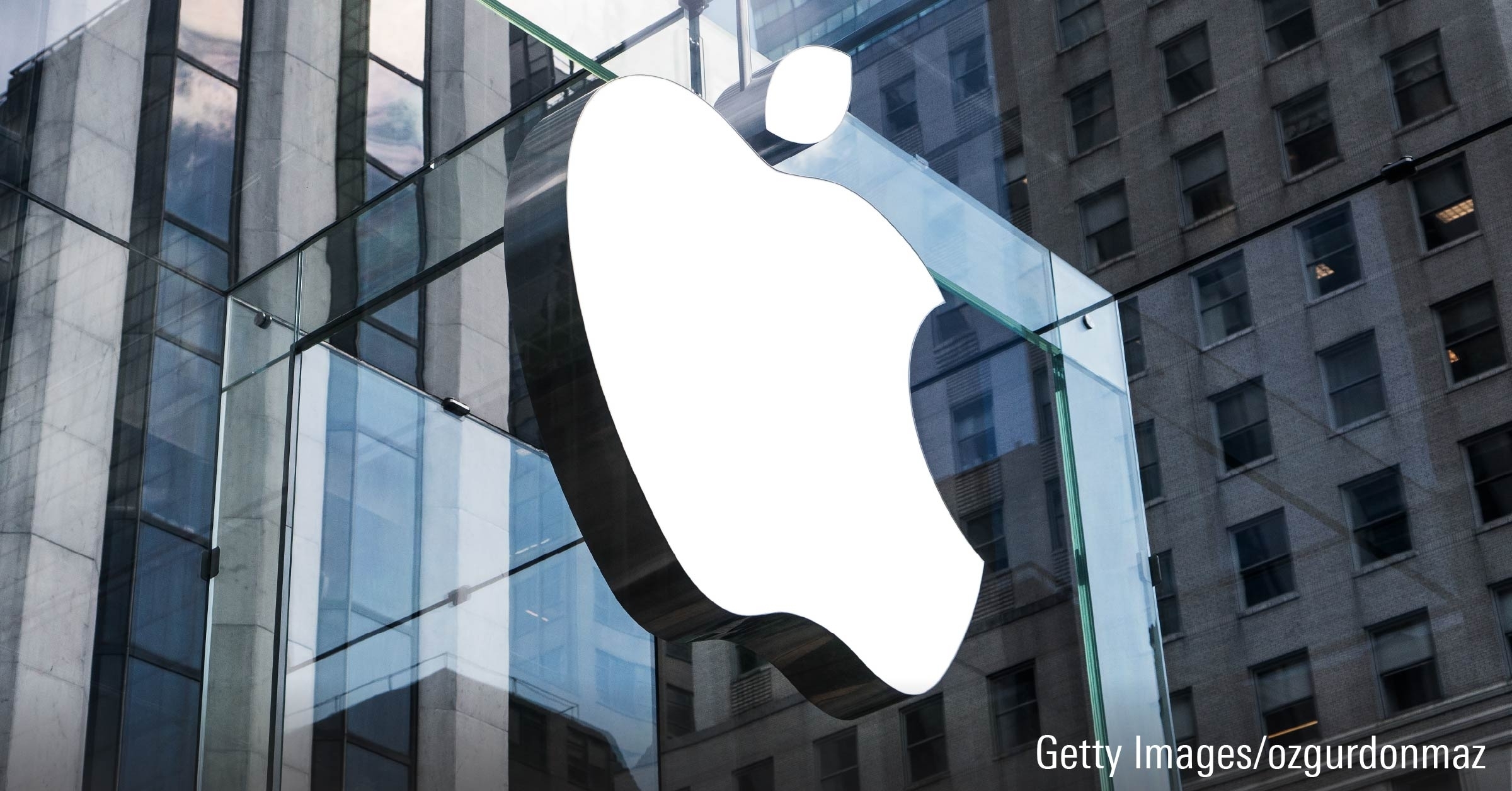
Investors are always walking the tight rope of risk. But hunting the black swans is a fool's game, because rare and catastrophic outlier events are unpredictable. It's better to accept the reality of market risks and prepare for it.
We identified eight market risks as we enter 2024. Let's deep dive into them, with the help of Morningstar Investment Management's (MIM) experts.
1) Expanding Middle Eastern Conflict
After Hamas attacked Israel on October 7th, many observers are worried about an escalation to the conflict involving other nations in the Middle East. This could have an impact on energy markets, causing oil price shocks, which, in turn, could increase recession risk for vulnerable economies. Though most commentators have been relatively agnostic about the risk of Israel's own markets finding themselves at the epicentre of a financial crisis, the situation hinges on the role played by Tel Aviv in any ground or air conflict.
2) Prolonged Ukraine/Russia Conflict
The prolonged conflict between Ukraine and Russia could still impact energy and food markets, which, in turn, could increase recession risk for European countries. The eurozone's economic activity broadly stagnated in 2023. In September, the European Central Bank (ECB) revised down projected gross domestic product (GDP) growth, particularly for this year and next, "due to a greater contractionary effect from tightening financing conditions and the weakening international trade environment". It now expects the economic bloc's economy to expand by 0.7% in 2023, 1.0% in 2024 and 1.5% in 2025.
3) Resurgent Inflation
Inflation fell markedly from its 2022 peaks both in Europe and the US, but upside risks are still in place. "It is clear that the fall in energy prices was the overwhelming driver of the headline rate falling to 2.4% (in November, in the Eurozone)," says Morningstar European market strategist Michael Field.
"However, energy prices can be volatile, [so] they can easily rise again in the coming months". If inflation surges once more, central banks will be forced to increase interest rates, despite market expectations of a cut sometime next year. This could also impact on corporate earnings and heighten recession risk.
4) Developed Markets Sovereign Deficits
With rising debt levels, investors are demanding increased term premiums, or compensation for the risk of holding bonds across developed markets. In other words, they are looking for higher term yields. Moreover, central banks are no longer reinvesting the proceeds of maturing bonds as part of quantitative tightening, and investors are struggling to digest a flood of new bonds. In this scenario, long-term yields are expected to reset higher, while prices fall.
5) The Ballot Box Bombshell
There are two important elections in 2024: in the UK and the US. As they appear on the horizon, MIM experts suggest the two primary questions for investors revolve around fiscal responsibility and the impact of potential policy changes. The direction the wind blows on these issues could determine the course of the markets. A UK poll must take place no later than January 2025, and has been slated for October, though that may change with events themselves. US presidential elections are fixed for 5th November 2024. The European Parliament will also hold elections between 6th and 9th June.
Prior experience of this kind of "event risk" shows big changes can cause sell-offs in so-called risk assets – equities and corporate bonds. Meanwhile, government bonds tend to act as a store of value because the long-term financial stability of governments themselves isn't necessarily at play. There are, however, notable exceptions to this rule investors should always beware of.
6) A Commercial Real Estate Crash
As with most other investors, MIM experts see the potential for meaningful write-downs within the office space, in large part due to changing work preferences in the wake of Covid-19. "We have attempted to identify the various touchpoints the broader economy has with commercial real estate, and while we see potential pain points for pensions, for example, we think most of the pain for public markets will be localised in regional banks," they say.
7) China's Secular Growth Crash
Many observers forecasted China's post-Covid-19 reopening would boost growth in 2023, but that hasn't turned out to be the case. One of the key reasons is the real estate crisis, because real estate represents between 15% and 30% of the country's GDP, depending on how you define the sector. Economic weakness could still present a challenge in 2024. If China's economy is stagnant or it collapses, recession risk increases also for trade partners.
8) China-US Conflict
On 15th November, US President Joe Biden and Chinese President Xi Jinping held their first face-to-face meeting in a year in San Francisco, in an effort to stabilise increasingly-strained relations. But the risk of conflict remains, and that is already causing global economic uncertainty and a rapid "reshoring" of businesses spooked by the consequences of either a war of words or a war of arms.
How to Offset Risks and Find Opportunities in 2024
According to MIM experts, the list of risks entering 2024 shows two consistent themes.
"First, we believe most of these risks result in volatility, but don't necessarily change future return expectations, which means in many instances, price dislocation that results from these events could be a broad-based buying opportunity", they say.
"Second, we tend to look to high-quality government bonds to hedge geopolitical risk. Why? It's a relative safety proposition. Geopolitical events don't consistently cause equity market sell-offs, but when they do, we find more often than not that government bonds – particularly long in duration, but at times short-duration bonds as well – provide an offset".











.png)










